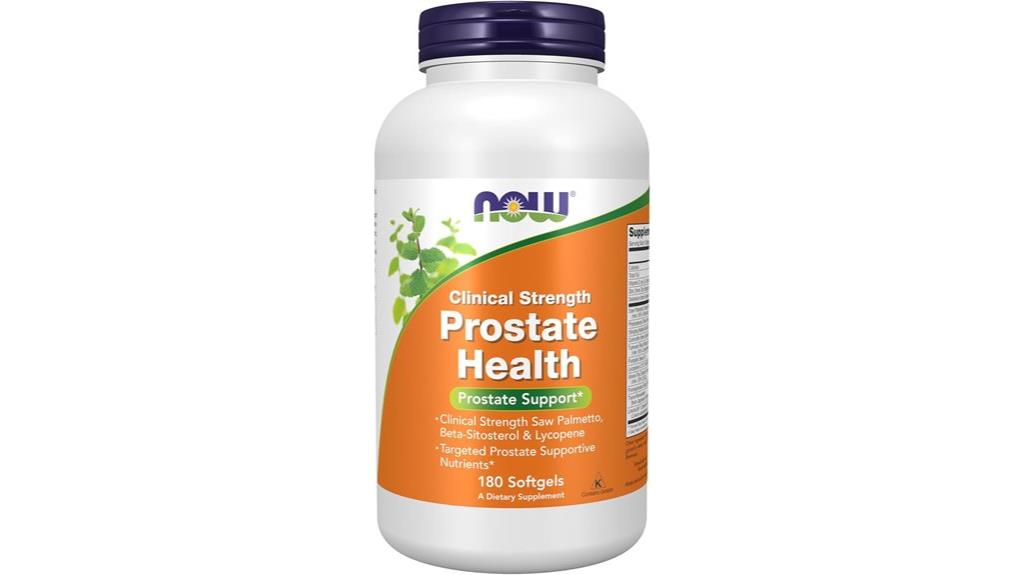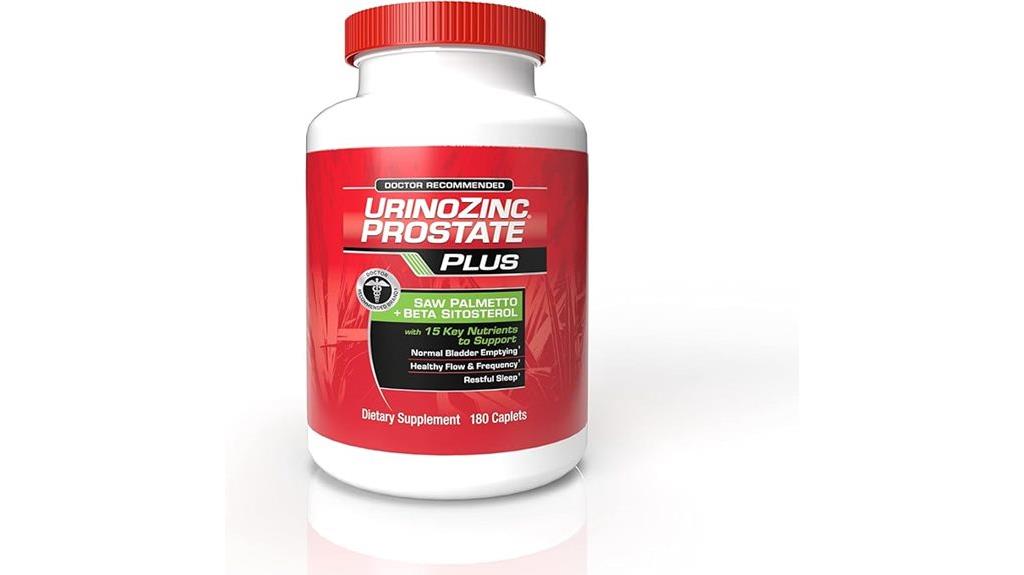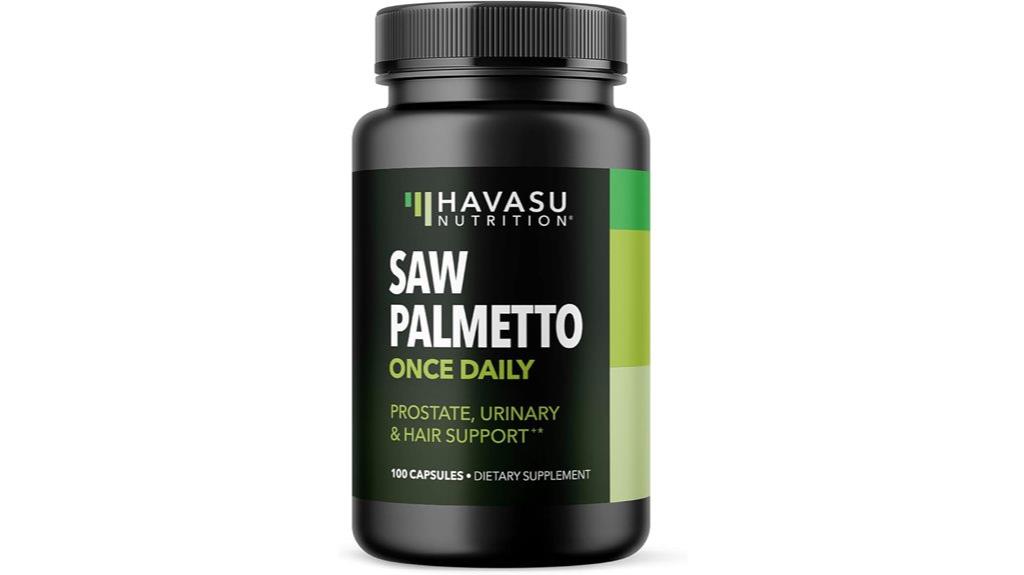You’ve probably heard that prostate health is important, but did you know it’s especially vital for Black men? Your risk of prostate cancer is considerably higher, and it’s not just about age. Genetics and family history play a big role, making it essential to stay informed and proactive. While the topic might seem intimidating, understanding your risk factors, recognizing early warning signs, and knowing when to start screening can make all the difference. But there’s more to prostate health than just medical check-ups. Let’s explore how you can take charge of your well-being and potentially save your life.
Understanding Your Risk Factors

Black men face a higher risk of developing prostate cancer than other racial groups. As a Black man, it’s essential to understand the factors that contribute to this increased risk. Your genetic makeup plays a notable role, with certain inherited genes making you more susceptible to prostate cancer.
Family history is another vital factor; if your father or brother has had prostate cancer, your risk doubles. Age is a critical consideration, as your risk increases considerably after 50. However, Black men often develop prostate cancer at younger ages and with more aggressive forms.
Your diet and lifestyle choices can also impact your risk. A high-fat diet, particularly one rich in animal fats, may increase your chances of developing prostate cancer. Being overweight or obese is associated with a higher risk of advanced prostate cancer.
Additionally, lack of physical activity and smoking can contribute to your overall risk. It’s essential to recognize that while these factors increase your risk, they don’t guarantee you’ll develop prostate cancer. Regular check-ups, a healthy lifestyle, and awareness of your family history are key to managing your prostate health effectively.
Early Warning Signs
Despite its prevalence, prostate cancer often develops without noticeable symptoms in its early stages. However, as the disease progresses, you may experience certain warning signs that shouldn’t be ignored. It’s important to be aware of these potential indicators and consult your doctor if you notice any of them.
Some early warning signs of prostate issues include:
- Frequent urination, especially at night
- Difficulty starting or stopping urination
- Weak or interrupted urine flow
- Blood in urine or semen
- Pain or burning sensation during urination
Remember, these symptoms don’t necessarily mean you have prostate cancer, as they can also be caused by benign conditions like an enlarged prostate. However, they warrant immediate medical attention.
Don’t hesitate to discuss any concerns with your healthcare provider. Early detection is key to successful treatment, so it’s critical to stay vigilant and proactive about your prostate health.
Regular check-ups and screenings are essential, especially if you’re experiencing any of these symptoms or have risk factors such as family history or age. Your health is in your hands, so take charge and prioritize prostate health awareness.
Screening Guidelines and Options

How can Black men stay ahead of prostate health issues? Regular screening is key. The American Cancer Society recommends discussing prostate screening with your doctor starting at age 45 for Black men, or earlier if you have a family history of prostate cancer.
There are two main screening options: the prostate-specific antigen (PSA) blood test and the digital rectal exam (DRE).
The PSA test measures the level of PSA in your blood, with higher levels potentially indicating prostate cancer. However, it’s not definitive, as other factors can elevate PSA levels.
The DRE involves your doctor physically examining your prostate for abnormalities. While less sensitive than the PSA test, it can detect problems the blood test might miss.
You’ll need to weigh the pros and cons of screening with your doctor. Early detection can save lives, but there’s also a risk of overdiagnosis and unnecessary treatment.
Some medical organizations suggest a baseline PSA test at 40, followed by regular testing based on your results and risk factors. Ultimately, the decision to screen and how often should be a shared decision between you and your healthcare provider.
Lifestyle Changes for Prevention
While regular screening is important, proactive lifestyle changes can greatly reduce your risk of prostate issues. As a Black man, you’re at higher risk for prostate cancer, but you can take control of your health through diet and lifestyle modifications.
Start by incorporating more fruits and vegetables into your meals, particularly those rich in antioxidants like tomatoes, berries, and leafy greens. Reduce your intake of red meat and processed foods, opting instead for lean proteins like fish and poultry.
Regular exercise is vital; aim for at least 30 minutes of moderate activity most days of the week. Maintaining a healthy weight is essential, as obesity is linked to increased prostate cancer risk. Limit alcohol consumption and quit smoking if you haven’t already.
These changes not only benefit your prostate but also improve your overall health.
- Eat a diet rich in fruits, vegetables, and whole grains
- Choose lean proteins over red meat
- Exercise regularly to maintain a healthy weight
- Limit alcohol intake and avoid smoking
- Stay hydrated and manage stress through relaxation techniques
Overcoming Stigma and Barriers

Black men’s health concerns often face unique cultural and societal barriers. When it comes to prostate health, you might encounter stigma, misinformation, and lack of access to proper care. It’s essential to recognize these obstacles and take steps to overcome them.
First, educate yourself about prostate health using reliable sources. This knowledge will empower you to make informed decisions and advocate for your well-being. Don’t let misconceptions or embarrassment prevent you from seeking regular check-ups or discussing concerns with your doctor.
Address any distrust in the healthcare system by finding a culturally competent physician who understands your specific needs. If you’re uncomfortable, it’s okay to seek a second opinion or request a doctor you feel more at ease with.
Engage with your community to break the silence surrounding prostate health. Share information with friends and family, and encourage open dialogue about screenings and symptoms. Consider joining support groups or attending health fairs focused on Black men’s health.
Lastly, don’t let financial barriers deter you. Research low-cost or free screening programs in your area, and explore insurance options that cover preventive care. Your health is worth the investment.
Join The Discussion
What proactive steps have you taken for your prostate health? Share your experiences with screenings, supplements, or lifestyle changes to inspire others.

Empower your prostate health journey with these proven, community-favored products designed to support and protect your wellness.






